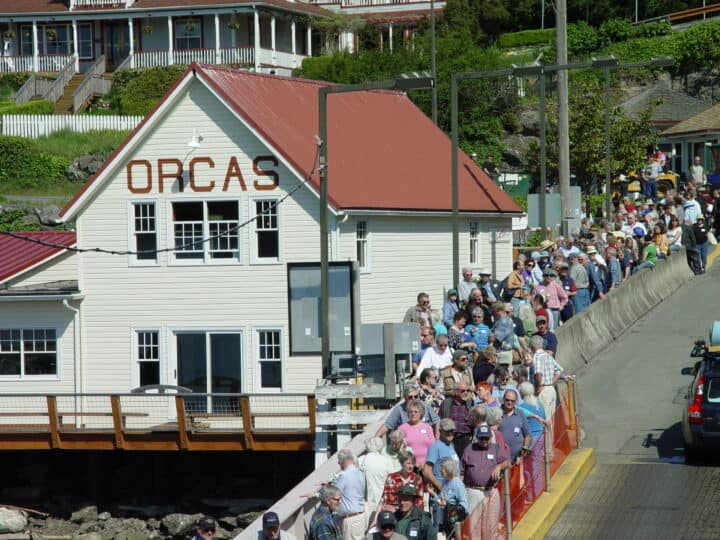
What is a Co-op?
Members helping members!
Co-ops are Different
If your name is on your OPALCO electric bill, then you are a member of our local non-profit member owned and operated electric co-op! With your ownership comes:
Democracy
Members have the right and responsibility to elect the board of directors who make the policies and set the rates. Attend board meetings and vote!.
Capital Credits
A financial return, calculated each year as a percentage of the year-end margin, and returned to you after 25 years of working capital. Learn about capital credits.
Co-op History
FDR started electric co-ops
OPALCO founded
electric cooperatives in the nation
people served by electric co-ops
of US landmass powered by co-ops
electric coops in WA
What Can Co-op Members DO?
A co-op is built on member participation! What will you do to help shape our future?
Not sure? Contact us. We’re happy to help!
Be Informed!
- Subscribe to the Newsletter
- Attend Co-op Meetings
- Participate in Workshops
- Discuss Energy Issues
Use Your Voice!
- Vote in Co-op Elections
- Get to Know the Co-op Team
- Ask Questions
- Participate in Co-op Governance
Prepare for Tomorrow!
- Upgrade Efficiency
- Switch to Electric
- Subscribe to Community Solar
- Donate Land for Renewable Power
Be a Co-op Steward!
- Help Members in Need
- Monitor your Energy Usage
- Share OPALCO Stories
- Encourage Participation
The Seven Cooperative Principles
Independent, democratically-governed businesses, electric cooperatives are organized under the Rochdale Principles, also known as the Seven Cooperative Principles:
Co-ops are voluntary organizations, open to all persons able to use their services and willing to accept the responsibilities of membership, without gender, social, racial, political or religious discrimination.
Co-ops are democratic organizations controlled by their members, who actively participate in setting policies and making decisions. Men and women serving as elected representatives are accountable to the membership. Members have equal voting rights (one member, one vote).
Members contribute equitably to – and democratically control – the capital of their cooperative. At least part of that capital is usually the common property of the co-op. Members receive limited compensation, through capital credits, on a cycle determined by each board of directors. Members allocate these capital reserves (through margins) until distribution for any or all of the following purposes: developing their co-op, benefiting members in proportion to their transactions with the co-operative; and supporting other activities approved by the membership.
Co-ops are autonomous, self-help organizations controlled by their members. If they enter into agreements with other organizations, including governments, or raise capital from external sources, they do so on terms that ensure democratic control by their members and maintain their cooperative autonomy.
Co-ops provide education and training for their members, elected representatives, managers, and employees so they can contribute effectively to the development of their organizations. They inform the general public—particularly young people and opinion leaders—about the nature and benefits of cooperation.
Co-ops serve their members most effectively and strengthen the cooperative movement by working together through local, national, regional and international structures.
While focusing on member needs, cooperatives work for the sustainable development of their communities.
